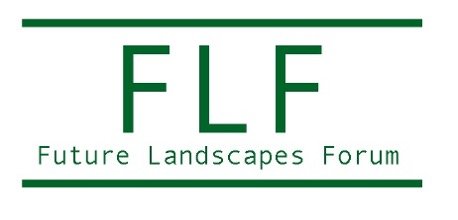A Response to the UK Government's Proposed Ban on Prescribed Vegetation Burning on Deep Peat
The UK Government recently announced that burning on peatlands with peat deeper than 30 cm is to be effectively banned as a management tool for vegetation, replaced by cutting and rewetting. Defra claims that these policy changes are backed by robust science in response to the latest evidence assessments by Natural England. However, there is widespread recognition that, as most scientific focus to date has been on the impacts of prescribed burning, significant knowledge gaps remain regarding the impacts of the alternative heather management tools available to moorland managers.
Recent publications clearly show that some key reports frequently misinterpret study findings, make misleading and even false statements, and lack robust evidence to support generic claims around impacts from burning, rewetting and cutting. Of particular concern is also a lack of transparency by Natural England about how the robustness of individual studies was determined during the critical appraisal process.
The FLF suggest that the intense focus on (often short-term and localised) negative aspects of prescribed burning has distorted an objective search for the best means of managing our moorland habitats into the future. This appears to be reflected in the numerous inadequate, ill-informed and sometimes opinionated, inaccurate interpretations or unverified statements made in recent reviews or related documents. Based on these concerns, which are supported by numerous published documents and submissions to Defra as part of the consultation, a pause in the proposed change to the legislation seems justified. Subsequently, an adequate, in-depth, independent and unbiased expert review assessing the evidence underpinning any changes to policy, including the quality of Natural England reports and reviews, should be conducted.
We acknowledge that good regulation and training in moorland management options can and should ensure best practice towards an outcomes-based approach. As recommended previously, a sensible approach would be an adaptive management framework, in which different management practices—including prescribed burning—are applied across sites and monitored. We hope that this document makes a valuable contribution to informing best practice in upland management and ensuring the development of evidence-based environmental policy.
Sign Our Statement
Signatories
Dr Andreas Heinemeyer - University of York
Prof. Rob Marrs - University of Liverpool
Dr Mark Ashby - UWE Bristol
Prof James Crabbe - University of Bedfordshire & Wolfson College Oxford
Dr Hilary Denny - Member of Chartered Institute of Ecology and Environmental Managers (MCIEEM), Chartered Environmentalist (CEnv)
Roger Draycott - Director, GWCT

